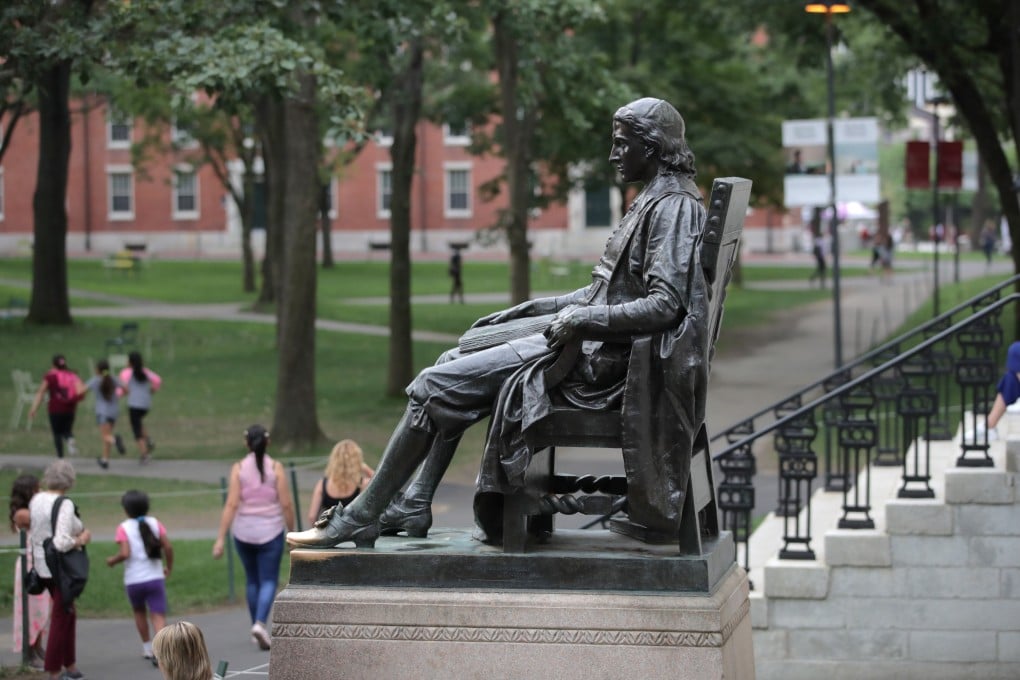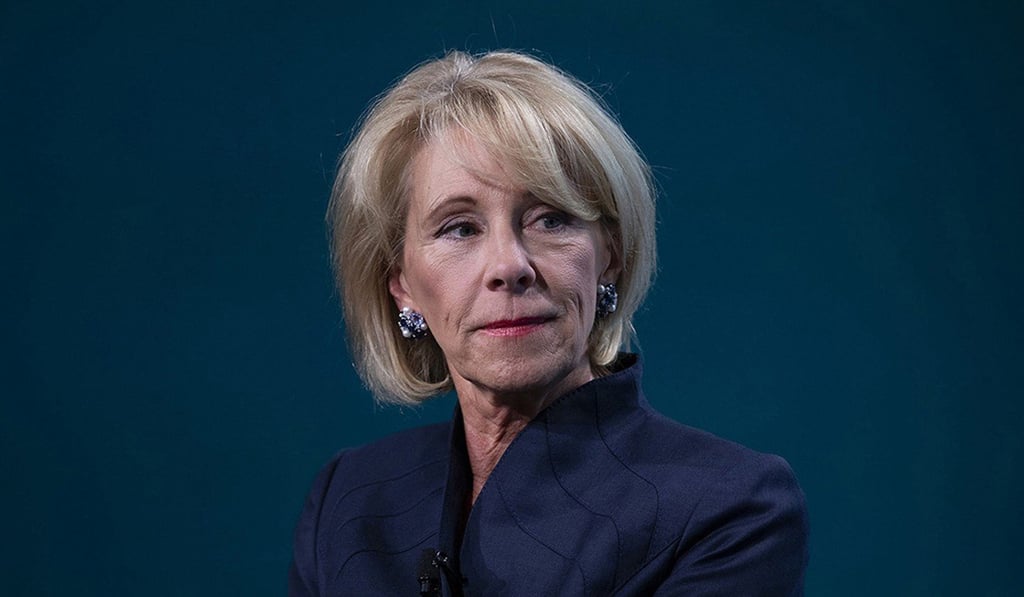Prestigious US schools including Harvard and Yale under US investigation over foreign funding, gifts from China
- Yale may not have disclosed at least US$375 million in contributions, while Harvard may lack appropriate controls to track money it receives
- Authorities have requested records of gifts from foreign sources, including Huawei and ZTE, as well as documents related to China’s Thousand Talents Plan

The US Education Department announced that it has launched an investigation into Harvard and Yale universities on suspicion of failing to report “hundreds of millions of dollars in foreign gifts and contracts” from China and other countries.
The agency said Yale may have failed to report at least $375 million in foreign gifts and contracts, “choosing not to report any gifts and contracts over the last four years.” Harvard, it added, may lack “appropriate institutional controls over foreign money” and “failed to fully report all foreign gifts and contracts as required by law.”
“This is about transparency,” said U.S. Secretary of Education Betsy DeVos in a statement. “Unfortunately, the more we dig, the more we find that too many are underreporting or not reporting at all. We will continue to hold colleges and universities accountable.”
The Education Department said recent enforcement efforts have resulted in American colleges and universities reporting approximately $6.5 billion in previously undisclosed foreign funding stretching back three decades.

Many of these gifts were actively solicited from countries “known to be hostile to the United States”, according to the Education Department.